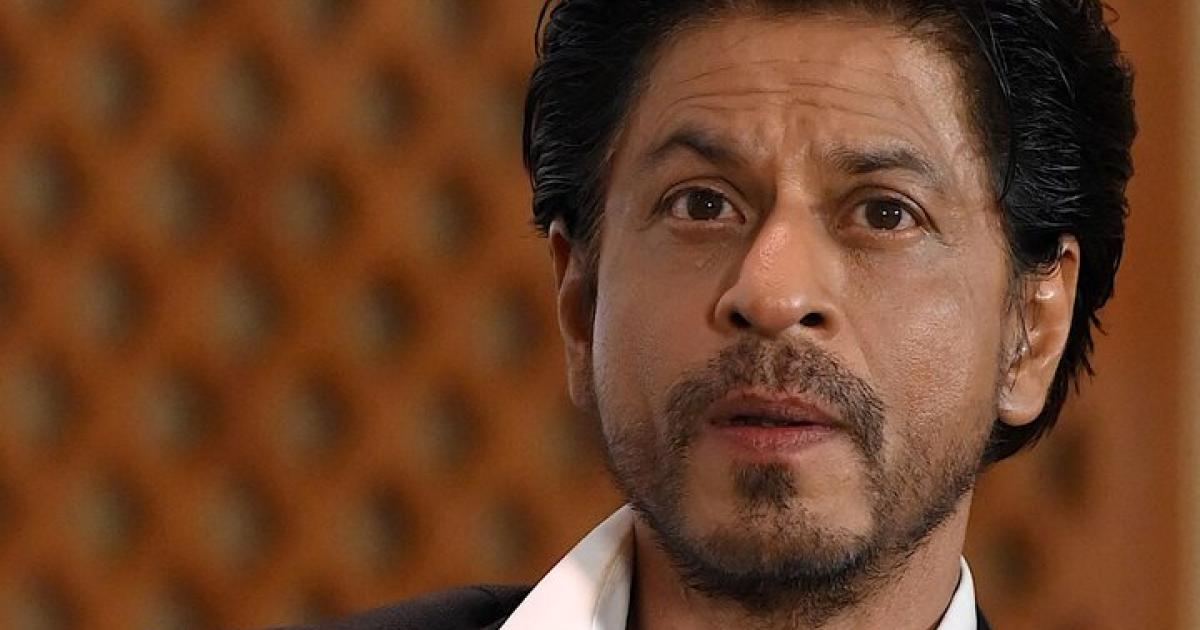Minister of Labor Heil visits India to arouse young people’s interest in Germany. He promotes the new immigration law, but asks for understanding of the bureaucracy. There are also critical questions.
“Skilled Labor Immigration Act” is not an easy word to translate. But the fact that German companies are desperate for young talent is a message that Federal Labor Minister Hubertus Heil, who visited India for a G20 ministerial meeting, is not only conveying to his counterparts. But also young people personally, in a museum café in New Delhi.
“We have now created a modern immigration law in Germany. The most liberal we have ever had,” says Heil. He wants to make it clear that Germany not only needs a bureaucratically small number of academics, but that there is also a real need for massively qualified immigration, including people with professional qualifications. “I look forward to talking to young people who are considering coming to Germany,” he says.
“I would like to be independent”
Kritika, 19, wants to become an aerospace engineer. She has already been admitted to a corresponding course at a university in northern Germany. “I’m looking forward to making new contacts. I want to see the diversity of Germany and also taste the food,” she says.
In his view, the following also speak in favor of Germany: a free and practice-oriented university system, safe cities in which to live and work, strong workers’ rights and overall good prospects for professional success. Kritika says: “I am a young woman, I would like to be independent. So why not today?”
Heil promotes understanding of bureaucracy
But before that, the formalities await: translation of their Indian graduation certificates, student visa, proof of interview, language certificate. The Federal Minister asks for your understanding. But the process should be faster, especially for craft and training professions.
It is enough to follow an education in his country of origin, in this case India, and to have a work contract to come to Germany, explains Heil. With the new points system, people could also come and look for work in Germany, provided that their livelihood security is guaranteed. “So: the law already reduces a lot of bureaucracy, but we also have to speed up the procedures,” he says.
Agreement to expand
Besides the bureaucracy, the young Indian woman who wants to emigrate also has other crucial questions to ask the Federal Minister: “I read in an article that there was a little racism in Germany”.
It shouldn’t be like the 1960s, Heil says, when the guest worker generation was invited to work, but not always treated as human beings. “We say: whoever comes to Germany, works with us and pays taxes, contributes to the success of our society, to the success of our country – can also be part of our society.” And if in doubt, they will also become German nationals, according to the minister.
The existing German-Indian placement agreement for young nurses is now to be extended to the IT sector and professions. The Indian economy is by no means able to provide good jobs for all graduates in the country. Those who emigrate usually send money home. And Germany does not want to lose touch in the race from aging industrialized countries to young Indian talent.

“Unable to type with boxing gloves on. Web maven. Infuriatingly humble creator. Typical tv specialist. Music aficionado. Proud explorer.”





